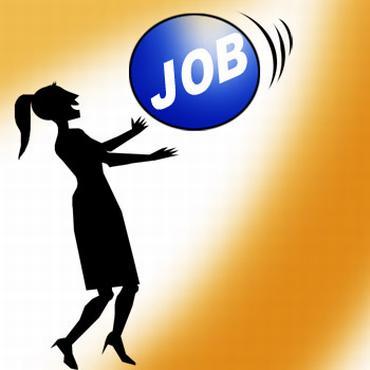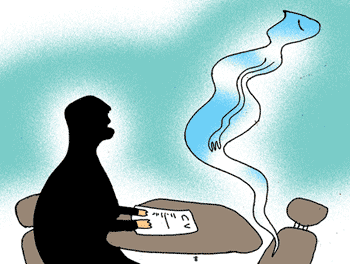 | « Back to article | Print this article |
Job interview? Make a first impression that sticks
So you have a big job interview coming up? When it comes to interviews, most interviewers form an impression of the candidate (that means you) in the first 20-30 seconds of the meeting. This does not give you a lot of time to knock their socks off.
So what can you do to make the best impression possible, ensuring that the impression you leave will continue long after the interview is over?
What are the aspects you should be thinking about and preparing for so that you make a great impression? Here are some pointers:
Punctuality
Try to reach 15 minutes before the allocated time. This will give you enough time to collect your thoughts, settle your wind-swept hair and locate the room in which the interview is to be conducted.
Dress smart, dress professional
Dress norms have been relaxed and a suit is not called for in most interviews. But flip-flops and T-shirts are still not the norm. For the men, formals (like a suit) or smart casuals (ironed shirt and trousers) indicate the interview is important to you and that you have made the effort to be presentable. Formal shoes and neat socks complete the picture.
For the women, both western and Indian formal clothing are acceptable. Give zari and deep necklines a miss as well as anything that will have you fidgeting. Choose a well-coordinated churidaar-kurta or shirt and trousers to project style and confidence.
Personal grooming
Sleep well the night before so that you don't look groggy or yawn during the interview. Carry a clean, well-ironed handkerchief or tissue with you in case you have a sudden urge to sneeze.
Ensure that your hair is brushed back and your nails are clean and well manicured. Avoid heavy make-up and tinkling jewellery. Spritz on some deodorant or perfume, but do not go overboard.
Body language
You want to seem relaxed, alert and confident all at once. As soon you walk in to the room smile at all the panelists. If there are only a few, shake hands with each and wait to be invited to have a seat.
When you sit, do it with a quick confident movement and place your papers on the table. While sitting, don't slouch, shake your feet or legs or sit at the edge of your chair. Do not fidget with your pen, documents or your clothes. Nothing reflects nervous energy more than the fidgeting. Chewing pan masala or bubblegum is a definite no-no.
Maintain eye contact with the panel and the interviewer, but don't stare at anybody in particular.
You want to present yourself as being self-assured and mature.
Organised paperwork
Your CV must be printed on good-quality paper and must be error-free. Even a silly spelling mistake can reflect badly on you. Carry 3-4 copies of your CV just in case you are asked for another copy by the panelists.
Anticipate that in an interview the interviewer may ask to see some of your documents again. Laminated certificates look neat, are easier to hand over and will survive frequent handling better. File documents in reverse chronological order as the interviewer may be more interested in your recent past.
An organised folder shows that you are meticulous at your work. Plus it will make it easier for you to find a particular document when required rather than fumbling through a whole file.
Handshake
Shaking hands has become quite the norm despite the swine flu threats. So make sure you practice a firm handshake. Make sure your hands are not sweaty or damp when you enter the room.
Needless to say, air kissing or any other physical contact is not appropriate.
Q&A
This is the main part of the interview. Wait to be asked the first set of questions. Look at the person who has asked you the question, while briefly glancing at the others as well.
While answering questions strike a balance between being too expansive and monosyllabic. It is frustrating for the interviewer if they have to draw out everything from you with extensive questioning. Yes or no answers will not take the conversation forward.
So if you are asked whether you have a particular skill, instead of just saying yes or no, integrate an example of a situation or a project in which you have used or demonstrated that skill. If your answer is no, then do not lie. You could instead mention a related skill you possess with a quick example.
When ending the interview
Thank the interviewer(s) for their time. You could ask when would can expect to hear from them. If this job is your first choice, you could mention that and indicate your reasons for the same. Collect your documents and leave with a even pace.



